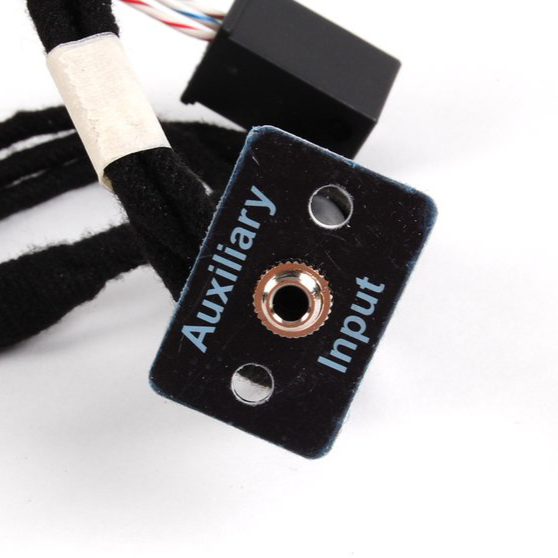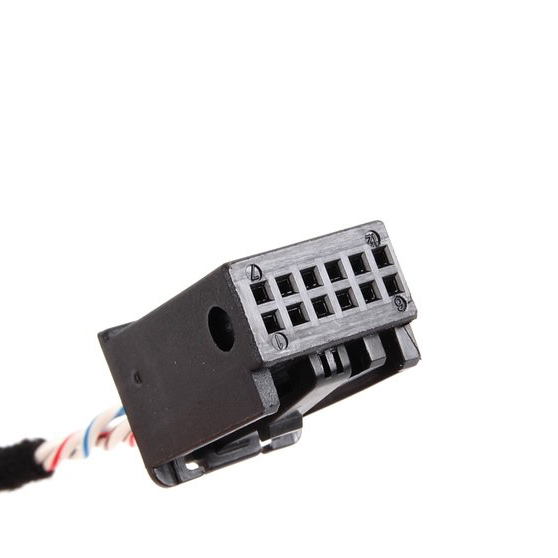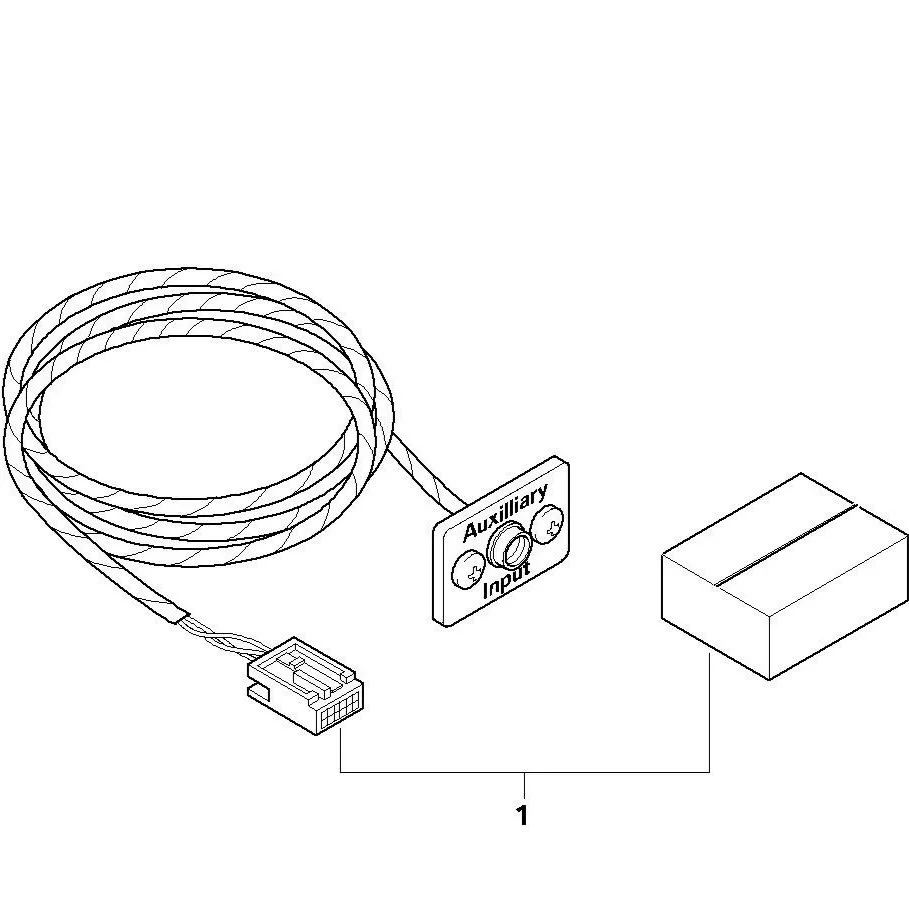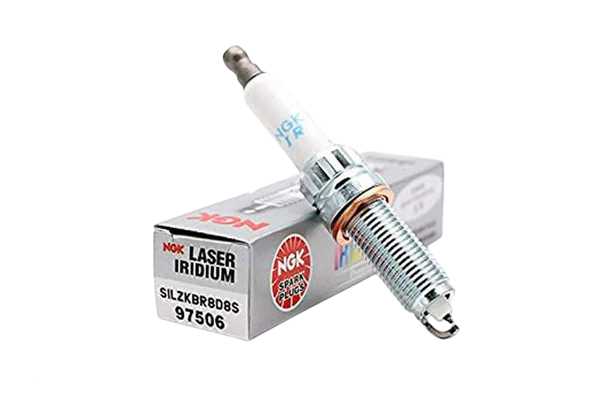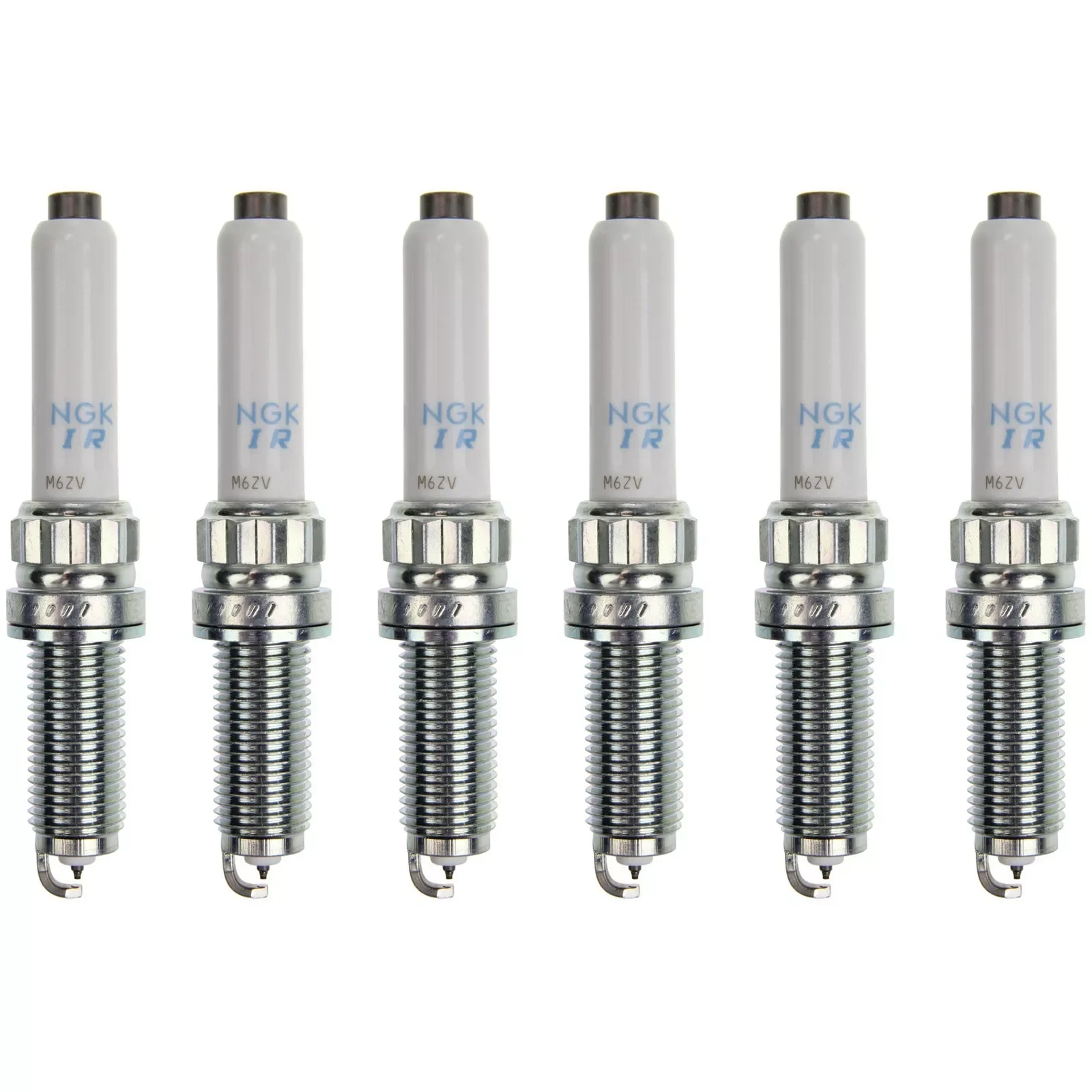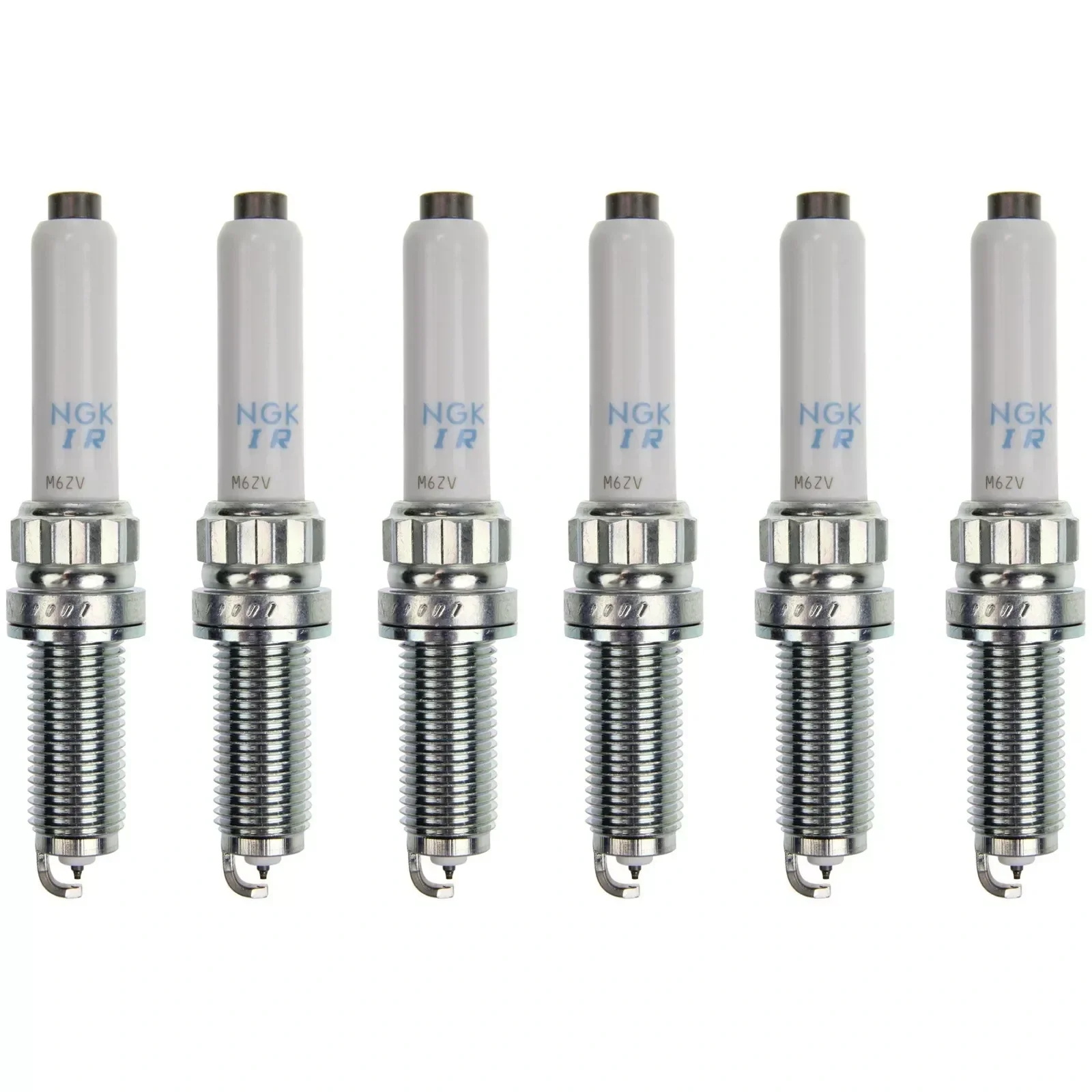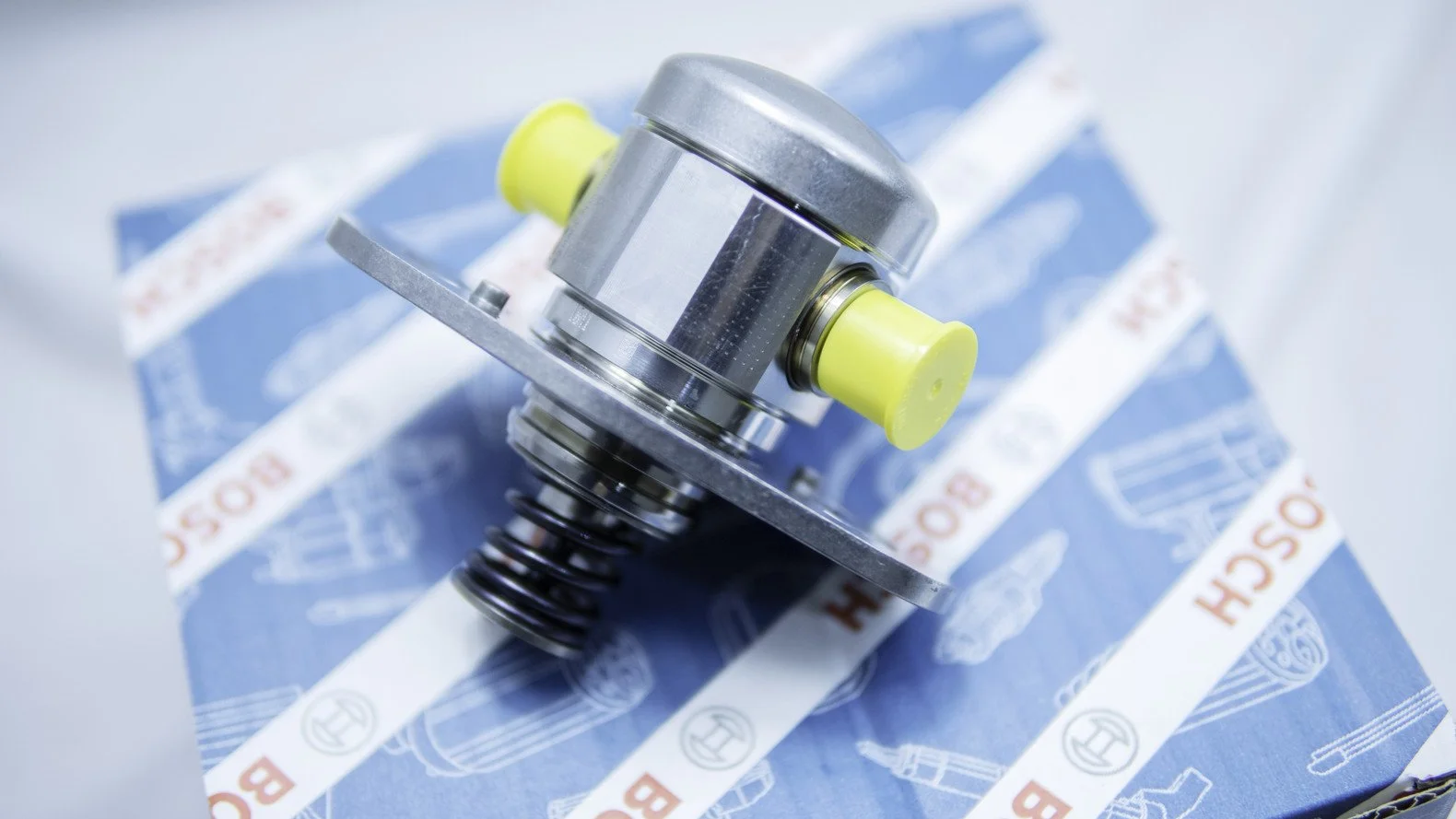 Image 1 of 1
Image 1 of 1


BMW TPMS System Fault Coding Disable (Tyre Pressure Monitoring)
All of the above can lead to costly repair bills that dont always solve the issue. Coding the system out is the most cost effective and permanent solution.
Common Causes of TPMS Fault in BMW:
Faulty TPMS Sensors: The most common reason for a fault is a failure of one or more of the tire pressure sensors, which may no longer be able to properly measure the air pressure. This could happen if the sensors are damaged or the battery inside the sensor is dead (common after several years of use).
Low or Incorrect Tire Pressure: Sometimes, the TPMS warning appears if the tire pressure is either too low or too high. If the system detects a significant difference from the ideal tire pressure, it could trigger a warning. It’s important to regularly check tire pressure and make sure it’s within the manufacturer-recommended range.
Replaced or Rotated Tires: If you recently had new tires installed or rotated, the sensors might need to be reset or recalibrated. The car's computer may not recognize the position of the sensors or may not register new sensors if they were replaced.
Battery Issues: Direct TPMS sensors are powered by batteries that can eventually wear out. If a sensor’s battery fails, the system may report a fault. Batteries typically last around 5-10 years, but this varies depending on the vehicle and sensor type.
Interference or Communication Issues: A TPMS fault can also be caused by interference between the sensor and the vehicle's computer system. This might happen due to electrical problems, damaged wiring, or other electronic system faults.
Sensor Malfunction or Damage: Physical damage to the TPMS sensors (e.g., from hitting a pothole or curbing) or corrosion on the sensors themselves can result in a malfunction.
Service is carried out at our workshop, please contact for further details.
All of the above can lead to costly repair bills that dont always solve the issue. Coding the system out is the most cost effective and permanent solution.
Common Causes of TPMS Fault in BMW:
Faulty TPMS Sensors: The most common reason for a fault is a failure of one or more of the tire pressure sensors, which may no longer be able to properly measure the air pressure. This could happen if the sensors are damaged or the battery inside the sensor is dead (common after several years of use).
Low or Incorrect Tire Pressure: Sometimes, the TPMS warning appears if the tire pressure is either too low or too high. If the system detects a significant difference from the ideal tire pressure, it could trigger a warning. It’s important to regularly check tire pressure and make sure it’s within the manufacturer-recommended range.
Replaced or Rotated Tires: If you recently had new tires installed or rotated, the sensors might need to be reset or recalibrated. The car's computer may not recognize the position of the sensors or may not register new sensors if they were replaced.
Battery Issues: Direct TPMS sensors are powered by batteries that can eventually wear out. If a sensor’s battery fails, the system may report a fault. Batteries typically last around 5-10 years, but this varies depending on the vehicle and sensor type.
Interference or Communication Issues: A TPMS fault can also be caused by interference between the sensor and the vehicle's computer system. This might happen due to electrical problems, damaged wiring, or other electronic system faults.
Sensor Malfunction or Damage: Physical damage to the TPMS sensors (e.g., from hitting a pothole or curbing) or corrosion on the sensors themselves can result in a malfunction.
Service is carried out at our workshop, please contact for further details.

